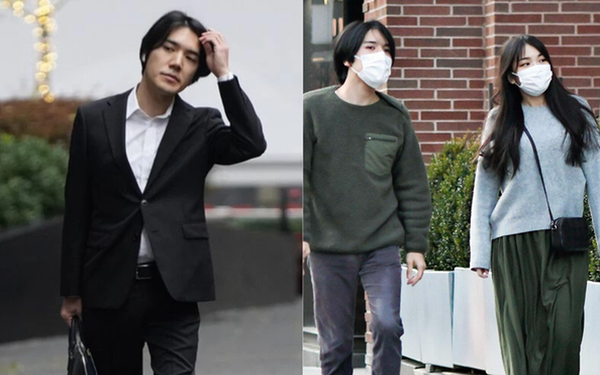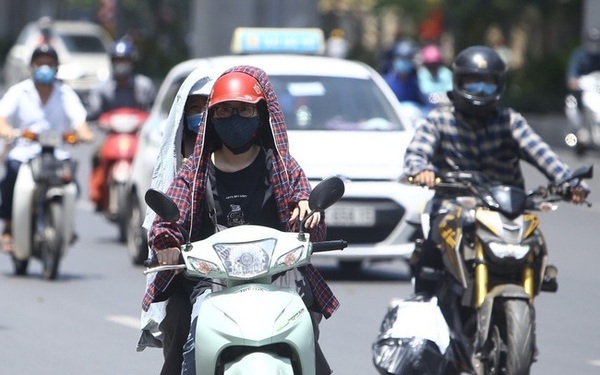Tipping culture in countries around the world: where it becomes an unwritten rule, where it is considered rude
Tip is understood as a tip, extra money given by customers to employees to show their satisfaction and appreciation for the quality of service there.
For international tours (outbound), most travel agencies collect tips in advance when paying for the tour before going. The tip fee is usually from 3 to 6 or 10 USD/person/day depending on whether you go to Asia or Europe, America. If not collected in advance, the tour program of the company also reminds well, the tour fee does not include tips and on the day of returning home, the tour guide always collects publicly from guests.
However, for domestic tours (inbound), tipping or not depends largely on the tipping culture of international guests. Around the world, tipping to service staff is also divided into many different trends.
This has become an unwritten rule for guests in the US, both when using hotel services or dining at restaurants. When staying at a hotel, Americans often tip the room staff about 2-5 USD/night, depending on the service attitude and star rating of the hotel. With the baggage staff, American guests will spend 1-5 USD per suitcase, large bag or number of hotel floors.
Americans often tip 15-20% of the total bill when dining at a restaurant. However, if the bill already states “service charge” or “gratuity”, they will not pay the extra tip.
In Brazil, there is usually about 10% service charge added to the bill. But if there isn’t, 15% of the bill is a reasonable tip.
Meanwhile, the French often give quite high tips. The people here are famous for being polite, so they never forget to reward the service staff. The tip here is quite high, maybe on par with the US, even more. In many places, a service fee of 15% is added to the bill. However, guests still give a small amount of money instead of thanks. Sometimes, just a cup of coffee, a can of soft drink, but customers are still willing to tip the waiter up to 5 euros.
Many countries are quite ‘open’ in this regard, but there are still many countries that say ‘no’ to the tipping culture. For example, in Japan, it is considered rude to tip the service staff. Japanese customers believe that serving is the responsibility of the staff and it is completely commensurate with the salary paid. Therefore, customers will still receive the best quality of service without having to spend any extra money.
Like its Asian brother, tipping a waiter is also considered an insult in China. Almost all state-owned restaurants and hotels are prohibited from accepting tips from tourists.
Back to Vietnam, tip is optional. Whether or not additional compensation depends on many factors, in some cases “tipping” even has a negative connotation. According to longtime travelers, the tipping culture in Vietnam is quite special, with differences by region, customer group and type of service.
In 5-star hotels or high-class restaurants, tips are often charged directly to the bill, but customers are still willing to “tipping” more if they are satisfied. But with popular restaurants and services, there is almost no such money despite the good service quality and enthusiastic staff. “Sometimes tips are also a way for people to show their class,” said one customer.
Up to now, Vietnam has not had any legal documents clearly stipulating that guests have to pay tips to the guides. Therefore, tipping for HDV completely depends on customers, some have, some don’t, including domestic and international tourists.
However, most recently, Phu Quoc City (Kien Giang) has made an announcement about the addition of the regulation of the Association of Professional Tour Guides in Phu Quoc City.
Specifically, according to this document, the service fee for Vietnamese guests is 25,000 VND/person/day, for Asian guests is 2 USD/person/day and tourists from other regions are charged 4. USD/person/day. Regulations effective from 15/5/2022.
This new regulation has generated mixed opinions. According to many people, this tip is actually a service fee to support the official income of the tour guide due to the low per diem. Making such clear regulations will not cause difficulties for tour guides and customers. If any HDV member collects fees, they will not be considered ethical violations of membership and will not be complained or sued by guests.
Besides, there are still many people who do not agree with this regulation. Mr. TN shared: “The collection of tips can be annoying for tourists. As a guest, I also don’t want to go to places with an unwritten tip culture. Proving that paying staff is not enough, I don’t want to either. support its existence.”
Or you GN said, the service fee will affect the quality of HDV, because if so, the HDV will not make any effort, doing well or not doing well will also have a service fee, because everyone is entitled to it. equal amount.
In fact, in the country, many restaurants, cafes, … have applied service fees that customers still accept and pay normally. If not satisfied, customers can always choose another restaurant, no one can force them to go to a place with a service fee.
It can be seen that the collection of fees to serve tourists will still be a long-term debate, when currently in the psychology of a part of tourists still want to go on cheap tours and travel companies are trying to compete. compete with each other on price.
Business & Marketing
at Blogtuan.info – Source: cafebiz.vn – Read the original article here


